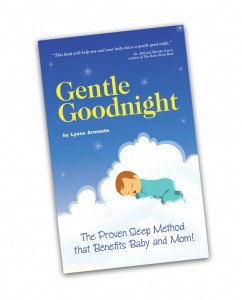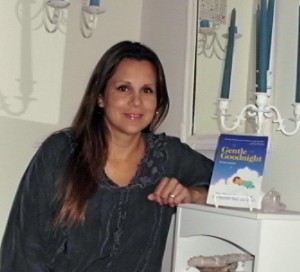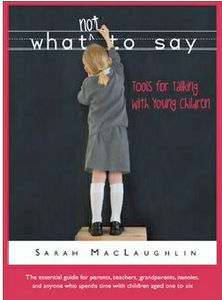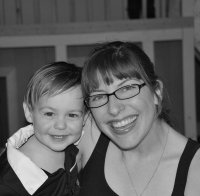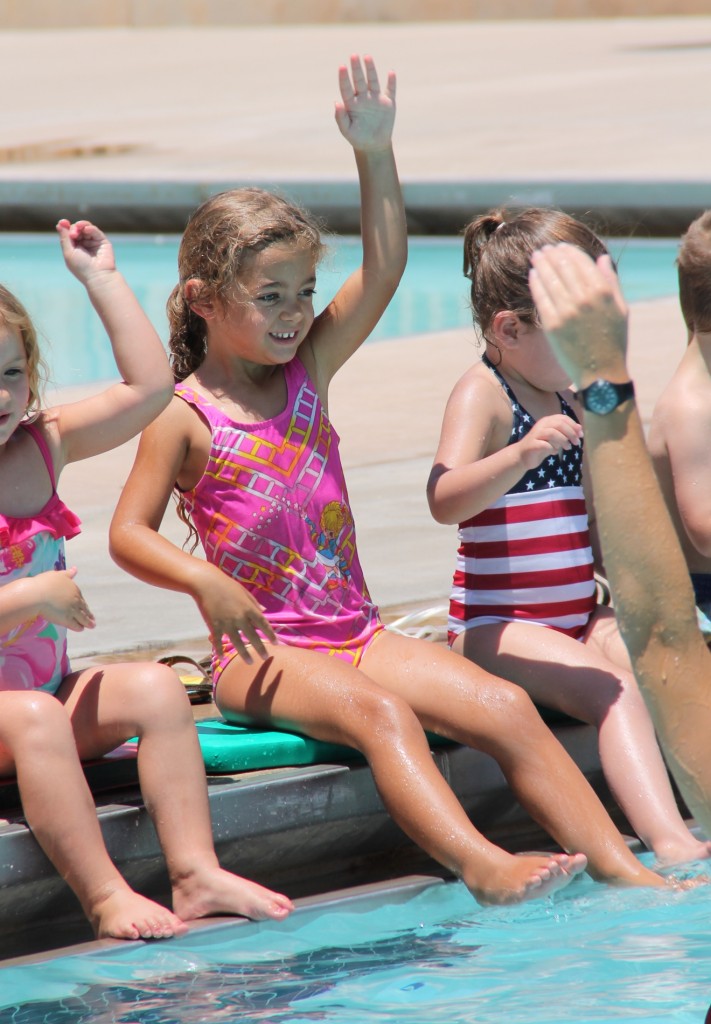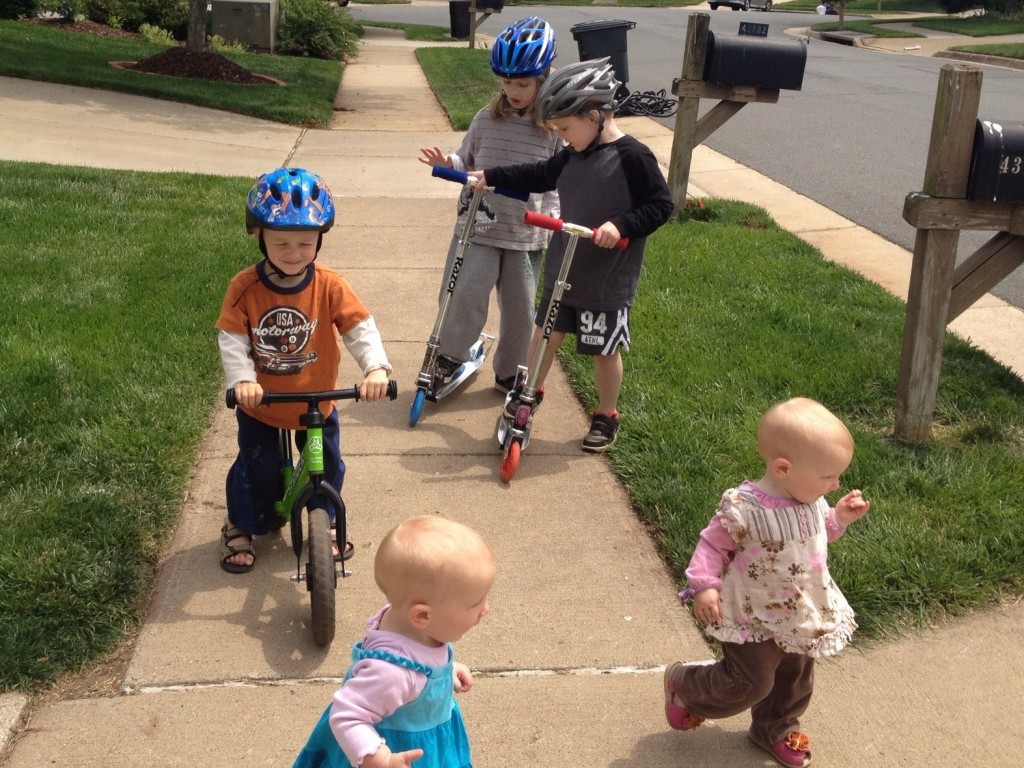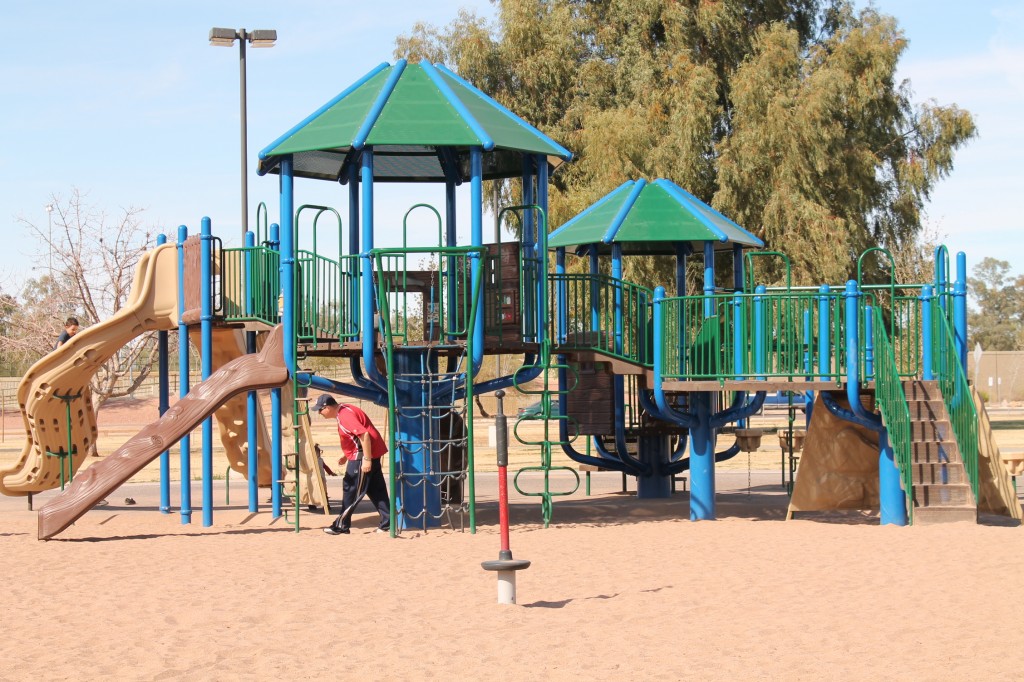
There was an incident at the park the other day. I witnessed, and ultimately tried to stop, a sad display of hatred towards children.
I have written about unkindness I’ve seen in public before. Two I can think of right off the bat were Natalie’s mother, and the old man at the grocery store. In those two cases though, I was a silent observer. Just another person in the crowd, watching what was unfolding, and not doing anything to stop it. This time I was a participant. Right there in the front lines as it were. I voluntarily inserted myself into the situation, boldly hoping for…. well, I don’t know what I was hoping for. I just knew I had to do it.
But I should start at the beginning.
It was a Friday, and most Fridays we’re at park day. I say “most” Fridays because I often try to get out of it. Not because I don’t have a good time (I do), and not because the other mothers aren’t wonderful (they are). Just because I’m a homebody and an introvert, and the thought of socializing for hours with dozens of other people makes me… tired. But this Friday, we were there.
The boys were all off with their friends clear across the park, playing football or frisbee, or whatever it is that they do. Tegan (almost 4) had just run across the playground with our friend Hannah (11), settling in to play in one of her favorite spots: the shady spot in the sand under the little kids’ playground.
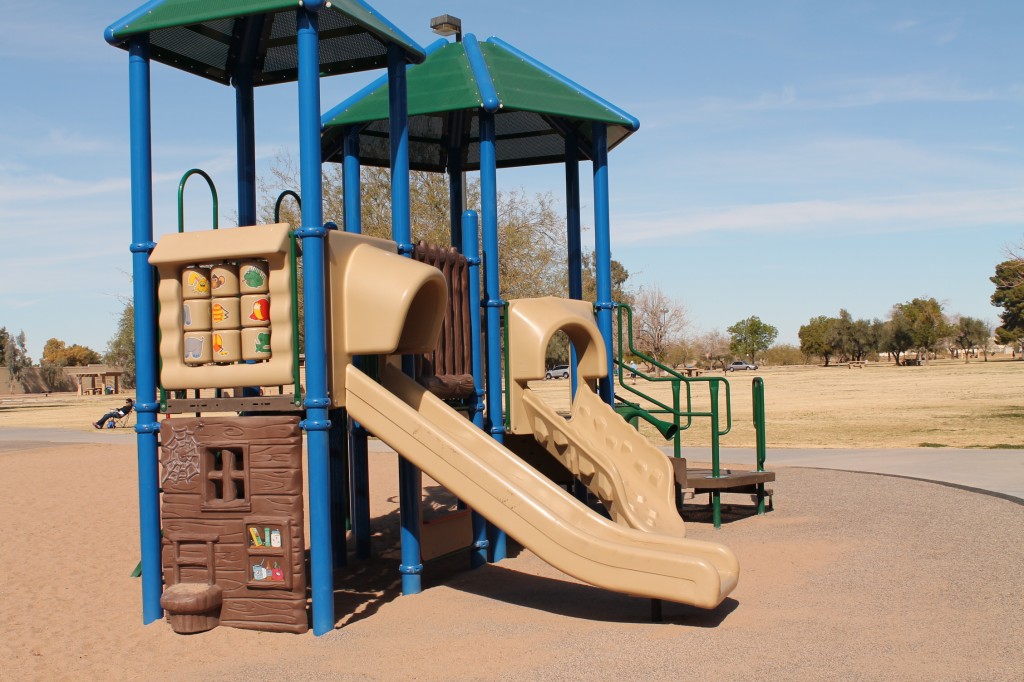
They hadn’t been playing for long before Hannah came running back over to us, telling us that “an old lady had yelled at them,” and had told her and some other older kids that they had to leave the area because it was for younger kids only. We looked over and saw the lady in question, a couple of preteens simply hanging out and chatting, a toddler happily undisturbed in his play, and Tegan, still quietly sitting in the sand.
We told her she was fine, and that there were no hard and fast rules about who could play where. Besides, she was there with Tegan, clearly a “younger kid”, and was in essence acting as her caregiver.
A few minutes later, she came back to tell us that the lady had called them “stupid.” Now, I didn’t want to jump to conclusions. Not because I didn’t trust Hannah’s word, but because I know that sometimes when you’re already feeling downtrodden that it’s easy to misinterpret. Maybe the woman had used the word “stupid” but hadn’t actually directed at anyone in particular.
So I waited, and I watched. Eventually the woman left the area to sit on a bench, and as more and more kids – of all ages – gathered to play on and around the equipment, she eyed them. Oh how she eyed them! Tegan wanted me to dig with her in the sand, in the middle of the playground, so I had a front row seat when the woman went from eying to acting. She strode over to where the kids were playing, and just as Hannah had reported, ordered them to leave. I couldn’t hear the entire conversation, but I could clearly hear her as she shouted, “You stupid kids!”
I got up and approached her.
(Let me stop here for a minute. If you’ve read my blog for any length of time you know that I DO NOT LIKE confrontations. Do not. Even over the internet, I have to be pretty provoked, it gives me a stomach ache, and I stress about it for days. So you can imagine my enthusiasm for the real-life variety)
But there I was, striding across the sand, feeling all Erin Brockovich.
“Excuse me,” I said to her, interrupting her as she demanded that one of the little boys take her to his mother. “I was just wondering why you’re calling these children stupid?”
“They are stupid! They’re disrespectful little brats who are blatantly disregarding the law, and this legal notice for them to stay away from this equipment.” She waved her arm at the sign in front of the playground. “This is for little kids only.”
“M’aam, I really don’t think that sign is a law. Those are just suggested ages.”
“THAT’S NOT WHAT IT SAYS!”
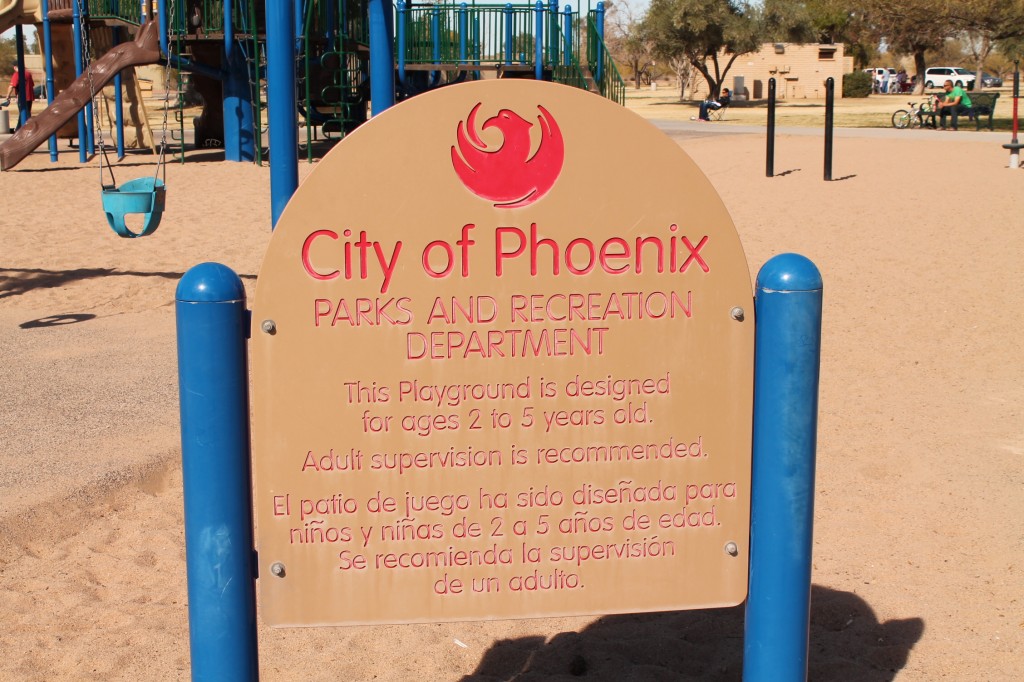
I wanted to get the full story, I really did. If they were truly doing something wrong, I wanted to know about it. From what I could see, they’d simply been playing, until she harrassed them. So I calmly asked, “Were they disrupting any little kids at all? Getting in their way, hurting anyone?”
“No, but they’re hurting the equipment!! It’s not designed for bigger kids.”
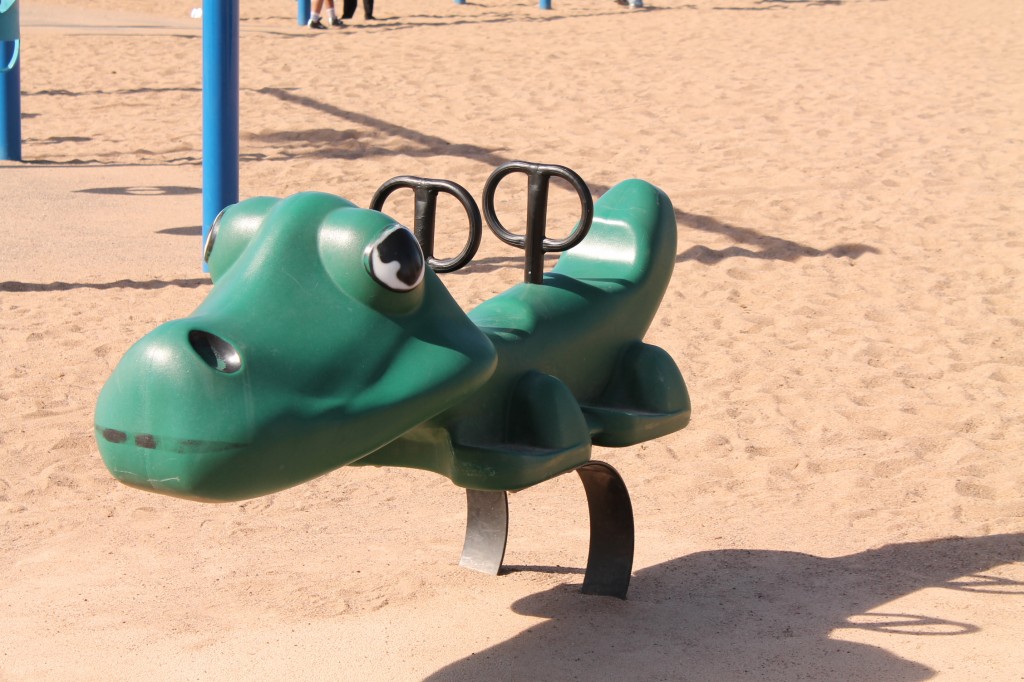
And she wasn’t done. “And when I told them they needed to leave, these stupid kids did not respect me as an authority figure. They have no respect for authority.”
“Well, to be honest with you, I would have a hard time respecting someone who was resorting to calling me stupid too.”
“I don’t have to show respect for children!! We don’t have to respect children. But they are supposed to show respect to adults no matter what!”
(Oh no she DID NOT just say that. But sadly, she did.)
“Kids have just as much right to be treated with respect as – ” she cut me off then, and started shaking her head.
“Go ahead, defend them, and they’ll grow up never respecting authority, never having any respect for anyone, thinking they can do whatever they want….. Stupid disrespectful kids…”
“Well, maybe if you tried talking to them without name calling…”
She’d pretty much turned her back on me by then, shaking her head and scoffing, “Say what you want. They’re disrespectful kids. Black is black.”
Now – in the interest of fairness – I have to say that somewhere in the middle of all of this, one child (out of the group of at least a dozen that had gathered around us) had started arguing back with her, telling her to “shut up”, and at one point returning one of her “you’re stupid kids” with a “well, you’re old!” Was that the right way to handle the situation? Of course it wasn’t. I’m not arguing that. But was he provoked? Absolutely. And at what I’m guessing to be about 10, he lacks the maturity that one would hope the 60-something year old lady he was arguing with should have possessed. And honestly, with her attitude and flat-out assertion that she doesn’t need to show respect for kids, I don’t blame him for his feelings.
I wish I could say that there was a tidy ending to my story, but there was not. It just…. fizzled. It ended with her turning away from me in a huff, realizing that I wasn’t going to stop defending the kids; and me realizing that she was not going to stop calling them “stupid” long enough to listen to anything I had to say. I ultimately told the kids to just let it go, and that they’d maybe be better off playing elsewhere. Ironically, park day was close to ending by then anyway, and moms were starting to gather up their kids to go home.
I walked away, my heart pounding in my chest, already thinking about what it was I’d actually accomplished. In many ways, I hadn’t accomplished much of anything. The woman clearly did not like children, and I’d done little to change her mind.
I wish she would’ve heard me. I wish I could have told her that when you realize that children are people, when you treat them with respect, when you treat them the way you wish to be treated, that they (just like their adult counterparts) will respond in kind. How much differently it all would have turned out if she’d just talked to them instead of calling them names!
But what I had done – besides gaining the confidence that comes from doing something I would have been too afraid to do even a couple of years ago – was stand up for the kids. Not by thinking about it, not by sitting behind my computer and writing about it, but by literally standing up, walking over there, looking that woman in the eye, and saying, “Hey, kids deserve respect too.”
I stood up for the kids, and I would do it again.


